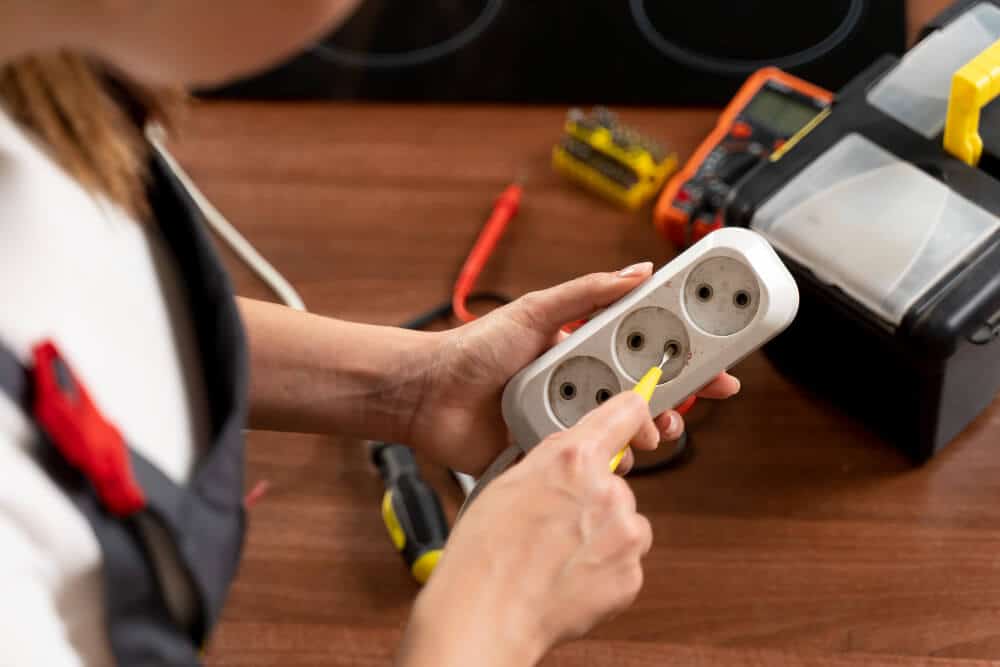News
Levan Elastomeric Contact Test Socket

High Bandwidth Test Socket for IC Testing
The Levan Elastomeric socket family is engineered specifically with precision. The elastomeric grid of Levan features conductive columns that guarantee accurate and consistent test results across a spectrum of devices. The conductive columns in the elastomeric grid ensure accurate and consistent test results for various devices. Its high bandwidth and low inductance capabilities render it electrically invisible to the test system, safeguarding against ball damage to Devices Under Test (DUT) and providing unmatched electrical and mechanical advantages. Levan elevates testing standards from engineering requirements to high-volume production, ensuring versatility and cost-effectiveness. It’s a great test solution for BGA, LGA, QFN and other variants.
How Levan Elastomeric Sockets Work: The Science Behind the Technology
Levan Elastomeric Sockets provide a reliable and efficient means of connecting electronic components to testing equipment. These sockets utilize a unique elastomeric contact material that offers a combination of flexibility, conductivity, and durability. The socket’s structure typically consists of a precision machined housing that holds the elastomeric contacts in place. When a device is inserted into the socket, the contacts make contact with the device’s pins, creating a secure and reliable connection. The elastomeric material ensures a consistent and uniform contact pressure, minimizing the risk of damage to the device under test.
Key Benefits of Levan Elastomeric Test Sockets
Levan Elastomeric Sockets offer a variety of benefits that make them a valuable tool for testing electronic components. These benefits include:
- Design adaptability: Levan sockets can be customized to accommodate a wide range of device configurations, making them suitable for testing various electronic components.
- Electrical performance: Levan sockets provide transparent signal transmission, matched impedance, and excellent DC performance, ensuring accurate and reliable test results.
- Practical advantages: The precision machined housing and easy repairability of Levan sockets contribute to their durability and longevity. Additionally, their compatibility with existing hardware simplifies integration into testing setups.
Applications Across Industries: Where Levan Sockets Shine
Levan Elastomeric Sockets find applications in a wide range of industries, including:
- Semiconductor manufacturing: Used for testing integrated circuits, memory devices, and other semiconductor components.
- Automotive electronics: Employed in testing automotive control units, sensors, and other electronic systems.
- Aerospace and defense: Utilized for testing avionics, navigation systems, and other critical electronic components.
- Consumer electronics: Employed in testing smartphones, tablets, laptops, and other consumer devices.
The Cost Effectiveness of Levan: Balancing Performance and Budget
Levan Elastomeric Sockets can be a cost effective solution for companies seeking reliable and efficient testing capabilities. The ability to easily replace individual contacts or components reduces downtime and maintenance costs. Additionally, the compatibility of Levan sockets with existing hardware eliminates the need for significant investments in new testing equipment. By balancing performance and budget, Levan sockets offer a practical and economical solution for testing electronic components across various industries.
More News Articles


